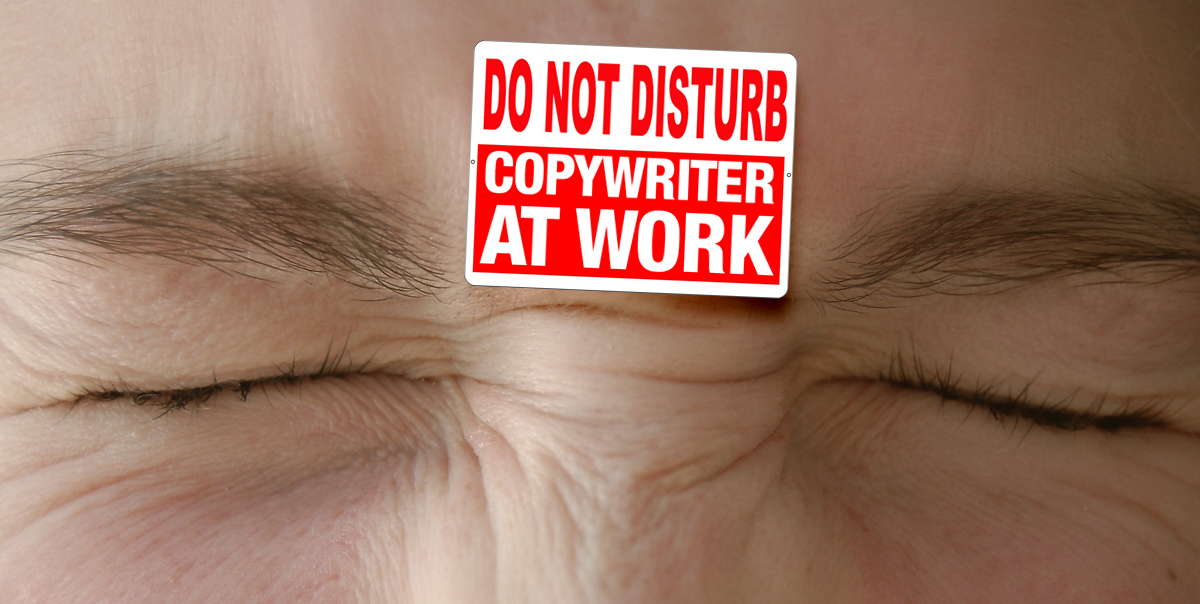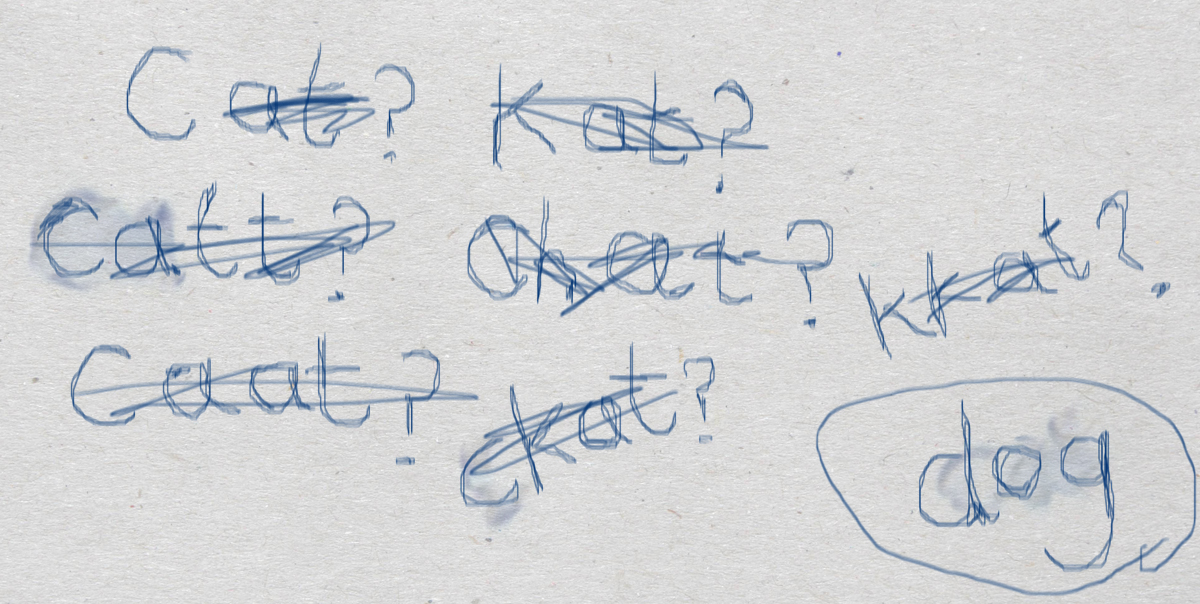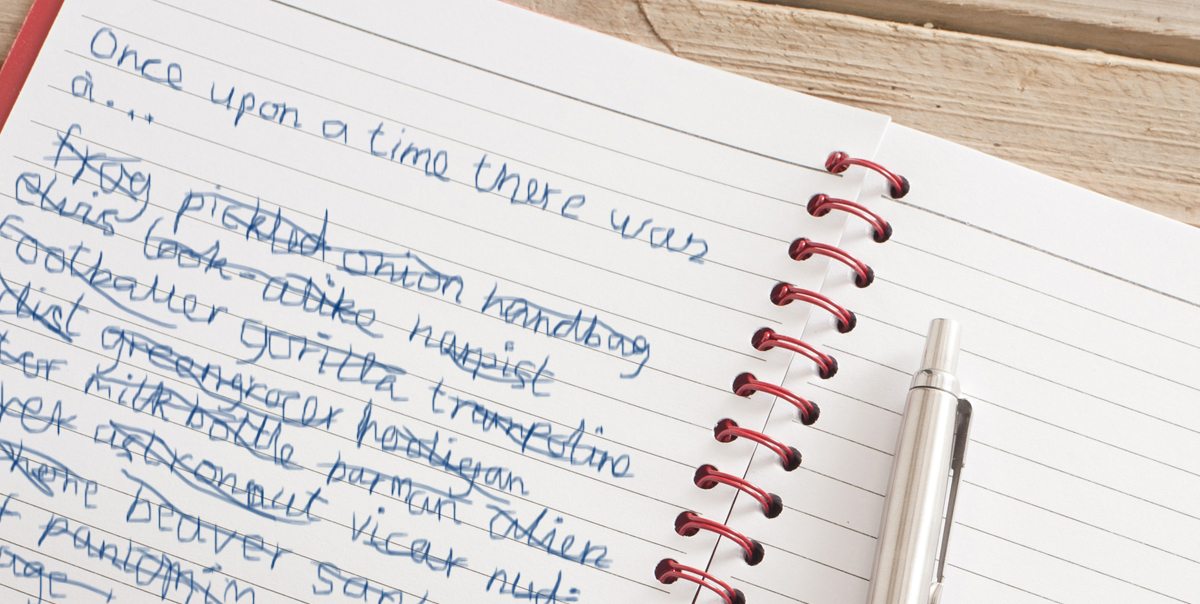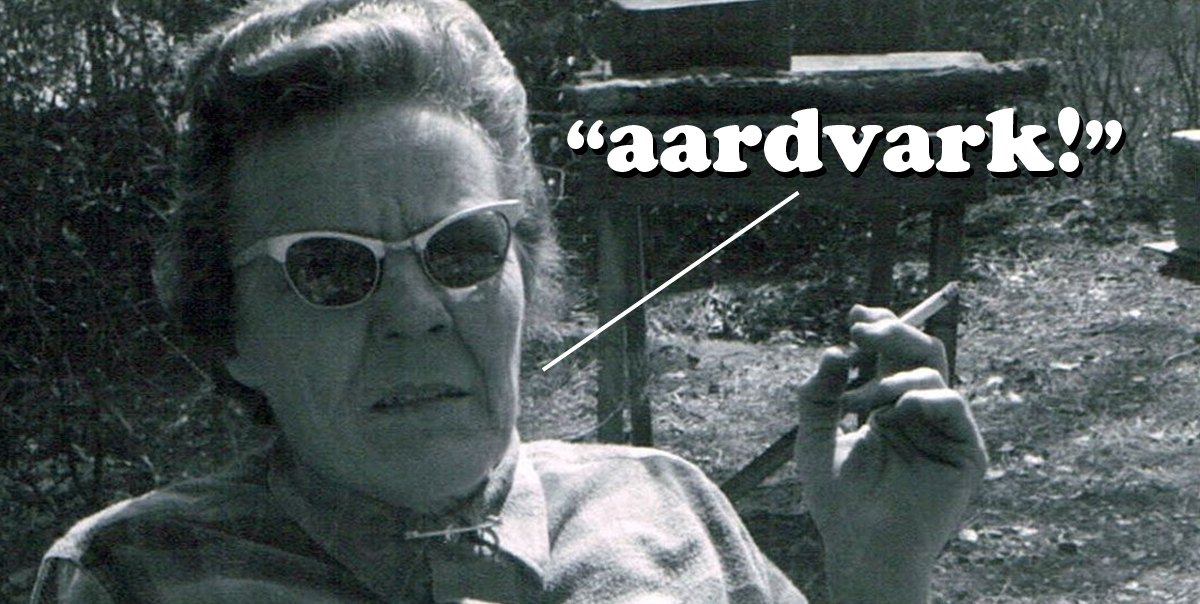How freelance copywriters conquer writer’s block

Freelance copywriters write copy – at least, that’s what they’re suppose to do.
On a good day, ideas come thick and fast. Words pop into the mind and flow through the fingertips, dancing across the page with an elegance that would make Darcey Bussell look like a newborn elephant.
It’s what freelance copywriters do. Words are their stock in trade – websites need populating, stories need telling… and then it hits – the copywriter’s nemesis – writer’s block. Like a sleeping policeman, push all you like, nothing’s gonna shift it.
So, how do we get over writer’s block? Are there any tricks that can help us turn a sticky keyboard into a glorious chunk of prose?
Writer’s block can strike at any time, but there are deadlines to hit and in the commercial world, only the client can change them.
Before you write a single word
Know your brief – Before you write anything, you need to know the who, what and why of it all. If there’s no formal brief, it’s up to you to ask the right questions. Learn more about writing a creative brief here.
Getting into first gear
The brief’s agreed and you know your deadline, now what?
Find your sweet spot – The absolute worst place for me to concentrate on a piece of copy is in the agency. It’s the perfect arena to discuss the brief, share ideas and catch up on gossip, but 8-hours of banter will kill off the writing mood quicker than chucking a bucket of cold water over a randy dog (RSPCA, please note, this is only a metaphor).
Find a place where the ideas flow freely – in the park, locked in the boardroom, in a hermetically sealed glass booth with a ‘DO NOT DISTURB’ sign stuck to your forehead… whatever it takes.

Choose your weapon – Especially at the beginning of the writing process, getting your ideas down quickly is important. If you’re a one-finger-one-thumb typist, get a note pad, smartphone or dictaphone (and keep it with you throughout the day) for getting your thoughts out of your head. The pen, pencil or keyboard you use can make a huge difference to your flow.
It’s all about comfort and familiarity. When you’re writing with an instrument that feels right, you can concentrate on the words, not the means.
Remove distractions – People perform better without unwanted brain bait. And boy, is there a lot of that to contend with in the modern workplace. The three biggest culprits – email, social media and phone calls.
I started this post at 5.40am and had the key ideas, structure and at least 20% of the final words cracked by 7.00. Not a single email (switched off), tweet (tab closed), or conversation (clients still eating their cornflakes) got in the way.
Now let’s write something
Get your first words down – Blank page syndrome is enemy number one. For a novice, a blank page staring back at you is as much fun as fighting a six-foot wasp. The answer’s simple; get the first punch in.
Write anything down that comes to you – lists of related words, your first un-edited ideas; just throw them down and then there’s no more blank page to taunt you. Even if you just write a flood of semi-legible nonsense, at least you’re writing.
Writing something is definitely better than writing nothing. Agonising and churning and watching the pot will get you nowhere, so crack on. A germ of an idea sparks a sentence, which fuels a paragraph and the next thing you know, you’ve written that brochure you’ve been worrying about for 2 days.
Don’t worry about spelling – Spelling matters, but not when you’re getting your first ideas down. Write your first draft without the worry of getting everything just right. Deadlines permitting, there’ll be plenty of time to worry about the finer details in the second, third or fourth draft. Don’t edit as you go, just keep writing until the words dry up.

Put the thesaurus down – Non-writers often think that their thesaurus will save the day. Cat stuck up a tree? Get the thesaurus out. Colleague needs CPR? Give Roget a call. A thesaurus (for speed, I use wordhippo.com) is great when you’ve already got ideas and you’re into the next level of refinement, but if you’re staring at a blank page, I really wouldn’t make it your first port of call.
There’s good noise and there’s bad noise – Ambient sound can have a profound influence on what you write. Have you ever been writing when someone enters the room and starts talking? It was all going great, the sentences were almost writing themselves then I’m doing a sandwich run, cheese and pickle, no make it falafel, oh bugger, where was I?
Noise has a huge effect. Some freelance copywriters like to work in pin drop silence, some love music, the sound of the sea, whale song… experiment, it’ll soon be clear what kind of ambient sound works for you.
Don’t let a good idea get away – The mind is messy thing, ideas can come and go in a heartbeat. That fantastic idea can quickly be replaced by “Ooh, I wonder what’s for dinner” and then it’s gone, sometimes for good. If an idea hits you, scribble it down in the margin. You can always come back to it later and see if it still works.

You write what you eat and drink – Recently, I’ve been doing a lot of writing about hydration for a healthcare client. The brain is 73% water, and if that’s where ideas and words are processed, then we owe it to ourselves to make sure it doesn’t shrivel up.
Equally, writing on an empty stomach will only get you so far. Hunger will eventually become as distracting as a PPI phone call. If you’re hungry, eat, but don’t eat too much – a three-course lunch will make you sluggish, and slugs really don’t make the best copywriters.
Everything looks better after a couple of liveners – Some freelance copywriters are convinced they write with greater fluidity when they are more fluid-y themselves. Alcohol removes inhibitions; it opens up parts of the subconscious that otherwise keep themselves to themselves.
Relying on any form of stimulant to fuel the creative process and remove writer’s block may be tempting, but it’s a slippery slope. I’m sure Jack Kerouac or Robert Louis Stephenson would have disagreed, but for every drug-fuelled genius writer, there are a hundred who’d wished they’d just said “no”. However, if that’s your bag (or pipe or glass), make sure someone who is alcohol or drug-free reads your masterpiece before it goes to print.
Don’t ignore your body clock – As evidenced by this blog post, I love to write during the wee, small hours. I can always have a kip later on, but if the brief is basically sorted by midday, then I reckon I deserve it.
Everyone is different, but if your mind and body are telling you to write at stupid o’clock, then don’t put it off. Having said that, deadlines show no mercy, so professional freelance copywriters have to learn how to turn it on whenever it’s needed.
I’ve got a first draft, but…
Save it, never discard it – Have you saved it yet? No? Do it! 1,000 words can be difficult to tease out the first time, but if auto-save isn’t on (or the dog eats your note book), it can be twice as hard to write it all over again.
If, for whatever reason, your first draft does get lost, my advice would be to engage stiff upper-lip mode, forget what went before and start afresh. Trying to remember exactly what you had first time round will only end in even more writer’s block.
If it’s not behaving, just ignore it – If you’re part way through and you get stuck, the best way to un-bung is to walk away and do something else. Change the scene, have a cup of tea.
If it’s a temporary hiccup, a minute or two away from the screen or page usually does the trick. If you can afford the time, go outside, look at the trees – it’s amazing how easy it is to shift what seemed like an immovable object just by changing your outlook (don’t forget to take your notebook with you).
Don’t be afraid to get the axe out – Another great technique to overcome writer’s block is to hack whatever you’ve already got to pieces. It’s rare that the third draft isn’t an improvement on the first, but you just never know, so keep everything. If you want to know more, there’s lots of copy editing advice here.
Still bunged up?
When a short walk just won’t do – For those extra, cemented-in blockages, have a proper break and give it the overnight test. Do something completely different – work on another creative brief, go paint balling, deep-sea diving, Morris dancing… whatever it takes to completely lose the plot. You’ll come back to it with fresh eyes and a different perspective.
Bring in reinforcements – Ask others for their opinions, not necessarily other copywriters. Bounce your ideas off almost anyone, especially someone who doesn’t know the brief (or even better, someone who is part of your target audience) and see what their gut reaction is.
Even a seemingly random comment from your Aunt Ethel can sometimes get things moving again.

Call it quits – Not everyone can write great copy.
I’ve worked alongside people (non-writers) who insist on writing when they really should be getting on with the day job. 8 hours and a half-written paragraph later, everyone else has left for the evening and they’re still trying to wrestle a headline into submission.
I understand the temptation to do everything yourself. I could buy a Haynes manual and spend a couple of weeks watching YouTube tutorials, but it’s probably best if I take my car to the garage for an MOT.
If words don’t come easily, then spend your energy on working out what the brief is and get a professional in.
Further reading:
How to choose the right freelance copywriters
How to edit your copy
More about music and creativity
Jonathan Wilcock (that’s me) is a Senior Freelance Copywriter.
You can drop me a line here, or email jonathan@sowhatif.co.uk